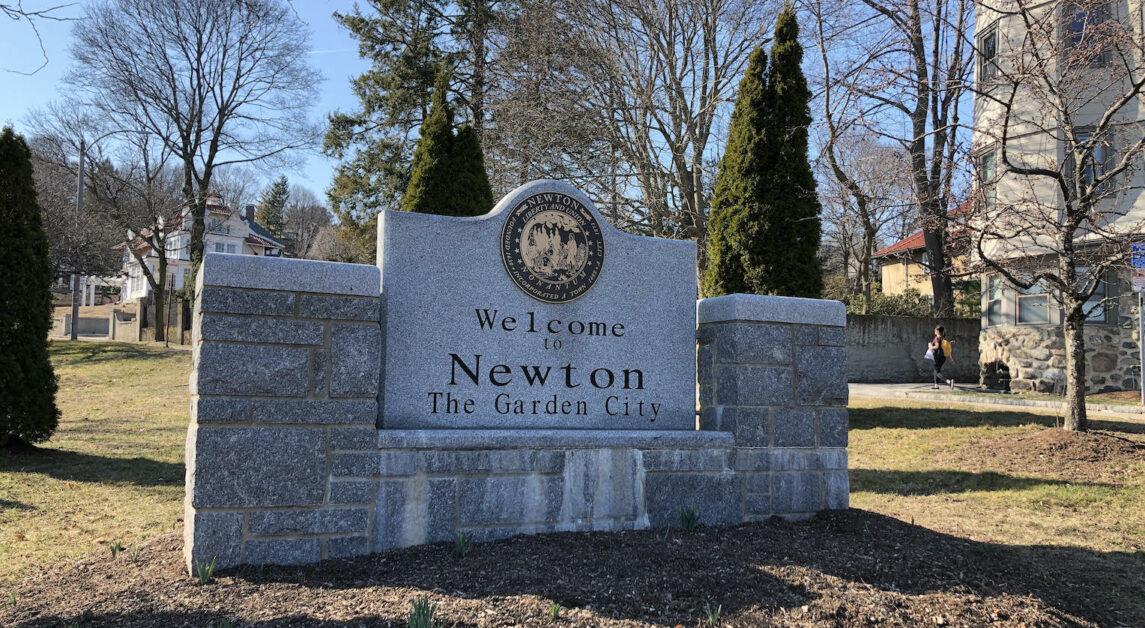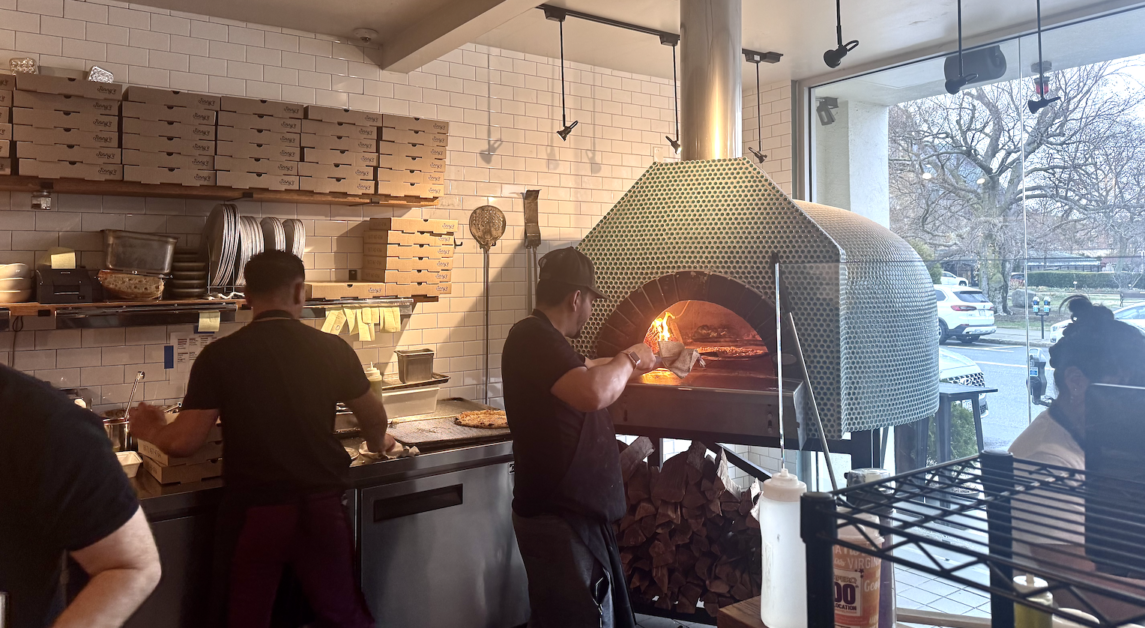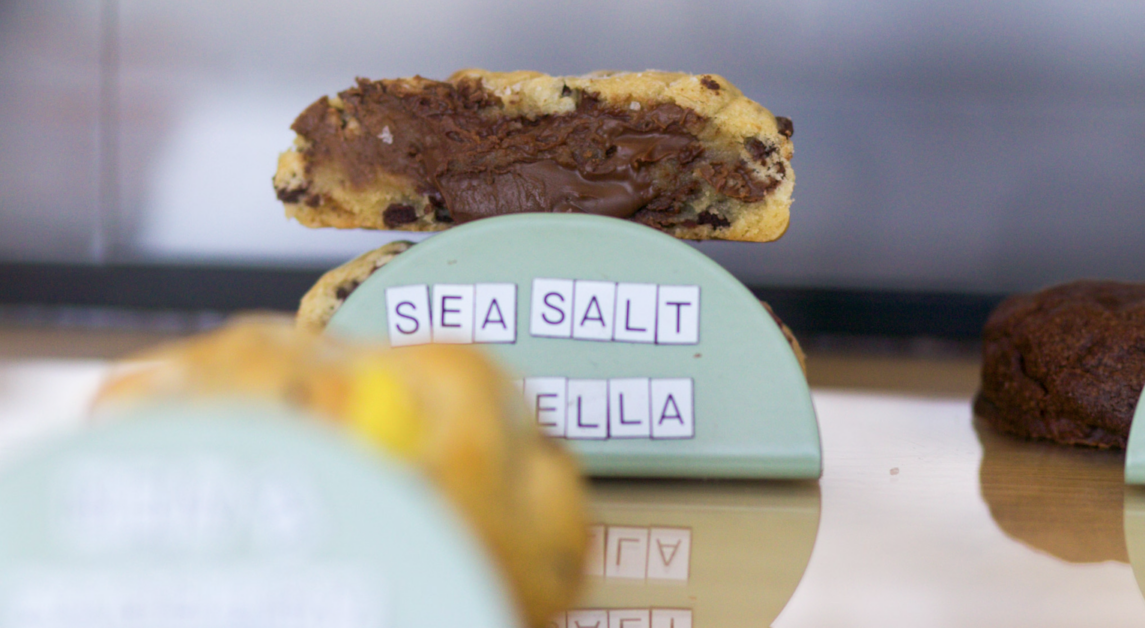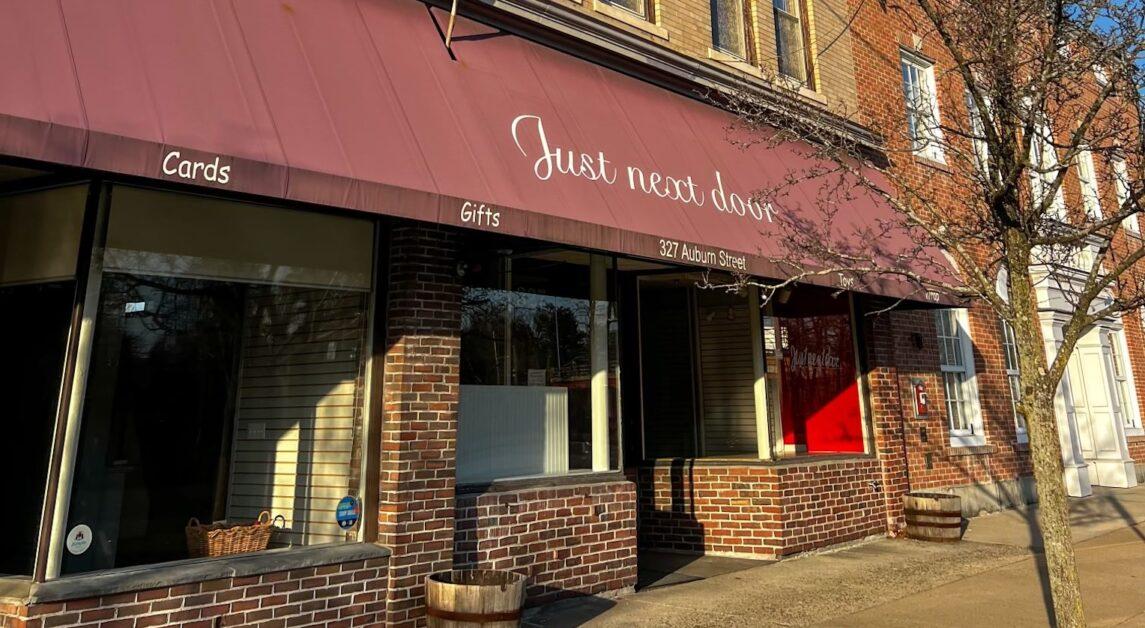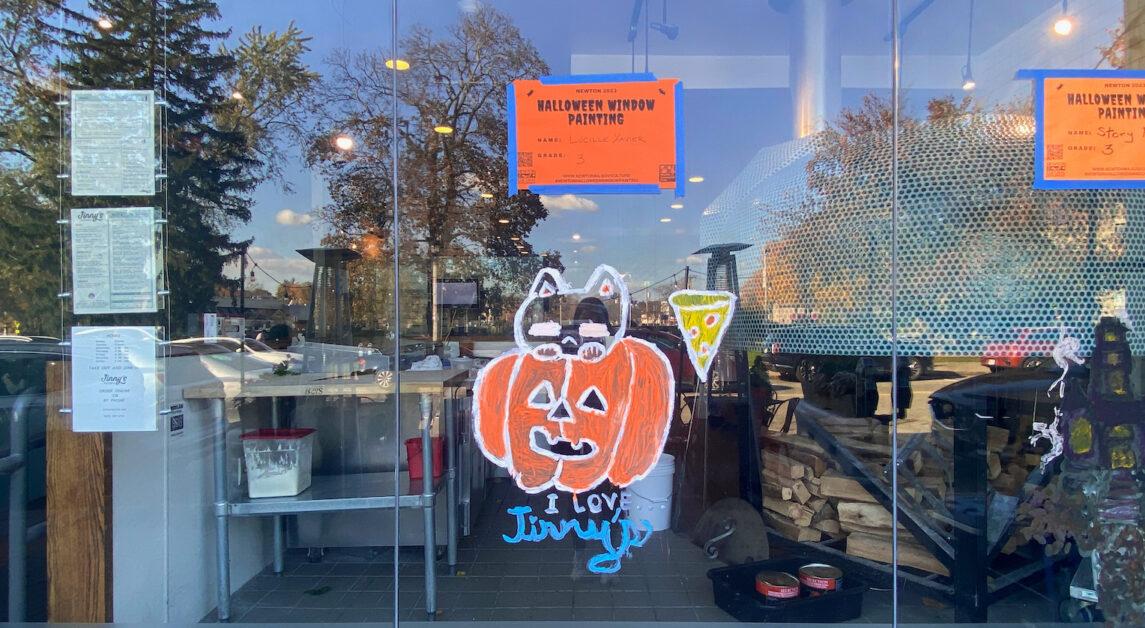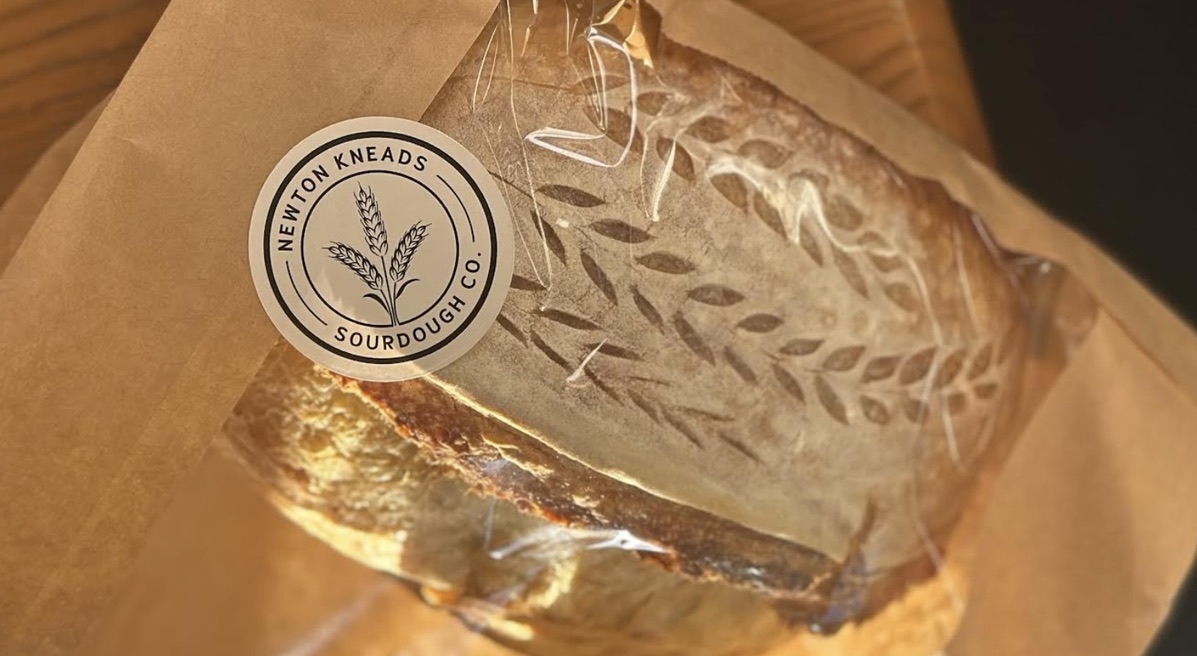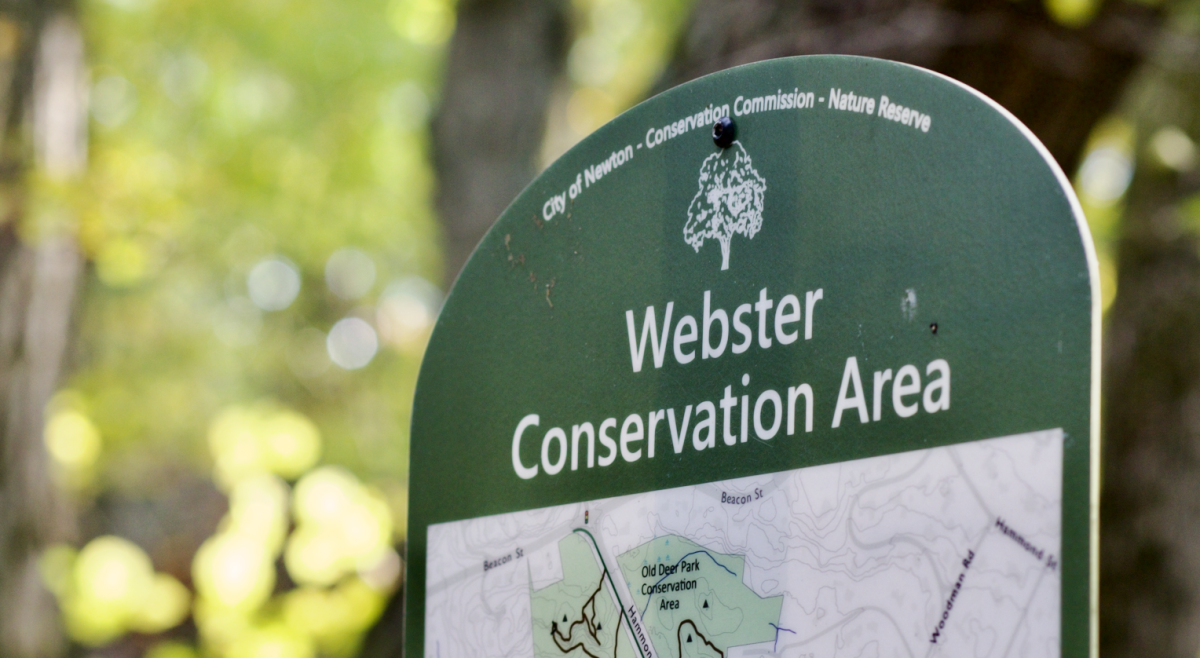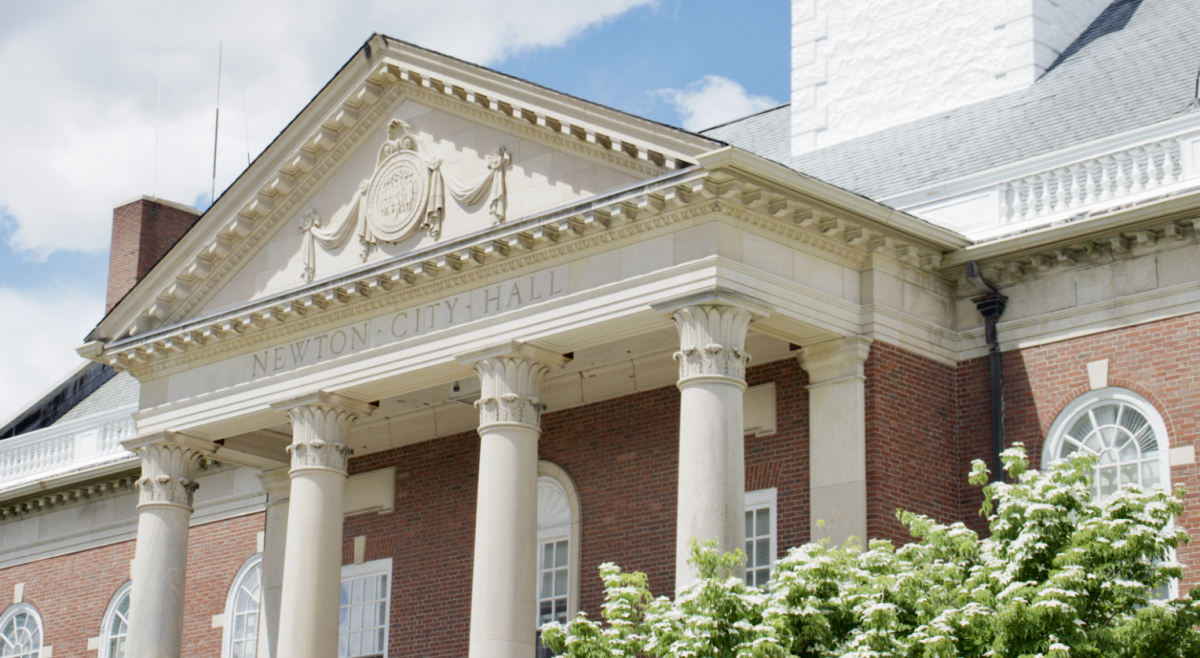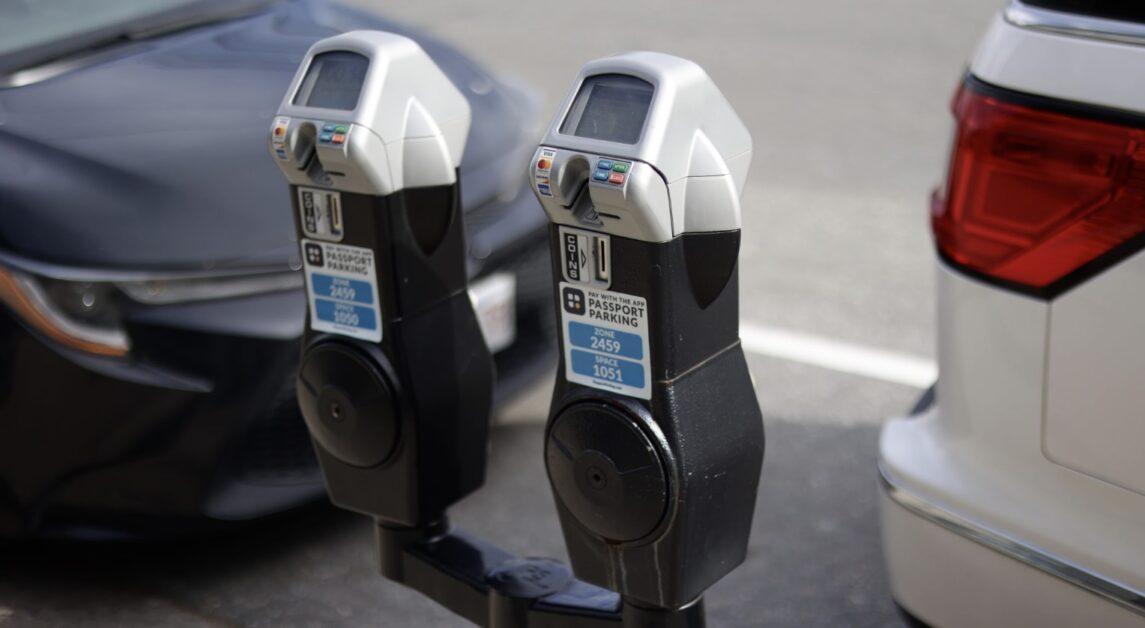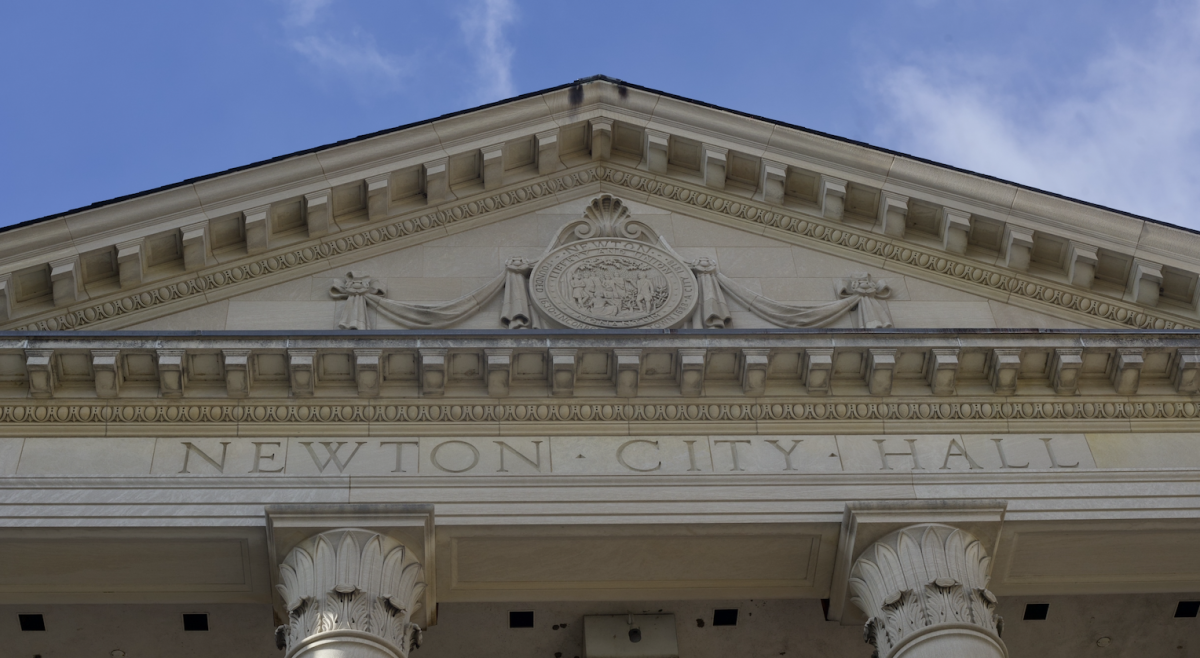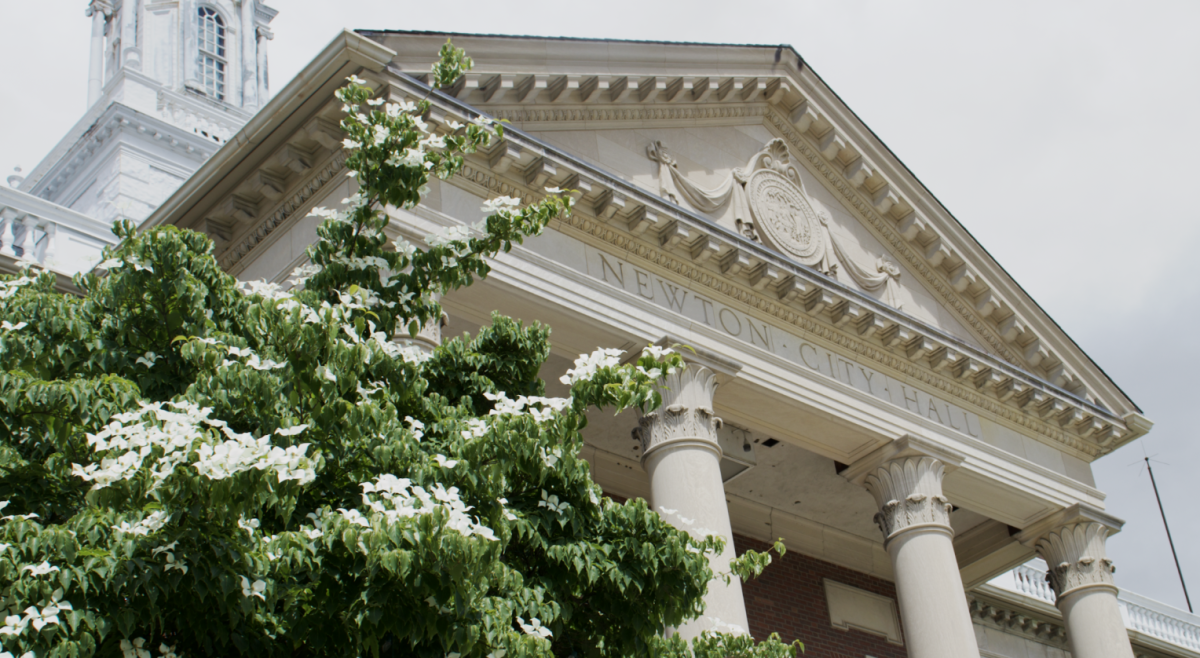The city of Newton is considering an ordinance that would expand Section 12-72 of the city’s charter, “Sustainable Food Containers and Packaging Ordinance,” to limit the prevalence of single-use plastic waste in the city.
“The calls are simply to reduce the amount of single-use plastic that’s out there,” Alan Gordon, a member of the Plastics Reduction Working Group that helped craft the ordinance, said. “You know, a lot of a lot of different reductions such as this do happen at the local community level.”
The proposed ordinance, which the Programs and Services Committee discussed at a recent meeting, includes retail bans on a variety of plastic items typically used by restaurants, such as black plastic packaging, plastic water bottles, single-use plastic utensils, and plastic stirrers.
“The goal of the city isn’t to go find people and collect fines, it’s to impact behavior and to have people really think about how they individually, whether as individuals or as businesses, can reduce their use of single-use plastic,” Gordon said.
Not all parts of the ordinance may be reasonable for retailers to follow, according to Greg Reibman, the president of the Charles River Regional Chamber, who spoke at the committee meeting where the item was presented.
“We understand that plastics are a problem for the environment—they’re a problem for our health, they are difficult to recycle, they cause all kinds of issues,” Reibman said. “But some of the suggestions or some of the items in the proposed docket are just difficult to execute.”
Reibman, who wrote an op-ed in Fig City News on the topic, pointed to the ban on single-use dishware for dine-in eating as an example for something that could financially hurt businesses.
“One, some restaurants are so small, they don’t have a place to do dishwashing,” he said. “And the other time is sometimes the places are too busy or in this era when labor is really difficult … it’s just not a practical requirement at a time when people are so strapped for labor.”
He also said the retail ban on black plastic takeout containers would be challenging for businesses, given the difficulty of acquiring recyclable white plastic alternatives.
“It’s a supply chain problem,” Reibman said. “If you can’t find an alternative, well you need to tell the customer, ‘Sorry, I can’t serve you today, we couldn’t get any takeout containers.’”
The requirement that restaurants only provide plastic utensils and condiment packages with takeout orders upon request are more reasonable components of the proposed ordinance, according to Reibman.
“The last committee when this was discussed, the committee agreed to take the ordinance, which has about 12 different items on it, and break it into two pieces,” he said. “And take the ones that are more difficult, more controversial, I guess, and put that on a … separate ordinance and then have a discussion about them.”
The presence of legislation similar to the proposed ordinance in communities such as Brookline and Cambridge suggests that such an extensive ban is possible in Newton, according to Gordon.
“The feedback we’ve gotten from other communities is that there was pushback when the ban was proposed, and when they were passed, people obviously accepted them and were able to adjust accordingly,” he said.
Gordon also said that when many smaller communities all pass green legislation, there is a cumulative impact.
“It’d be great if the state or the federal government passed certain bans, but a lot of times, they trickle up from the community level before they reach a broader adoption,” he said. “Plastic bag ban is a specific example … the fact that [about] 150, probably of the larger communities have passed it means we’re moving toward effectively a state-level ban community by community.”
Gordon said that the quality of tap water in Newton would limit the impact that such a ban would have on the average Newton consumer.
Newton Mayor Ruthanne Fuller included a survey in her newsletter on March 24, which asks residents to share their perspectives on the impact of the single-use plastic water bottle aspect of the ban.
“We have MWRA water, which is some of the best water in the country,” he said. “We’re not going to realistically ban every plastic bottle out there, that’s not realistic. But for people that want water, there’s a fantastic, great, and effectively free alternative solution.”
Gordon said that the goal of the ordinance is to reduce as much plastic in the environment as possible.
“How much plastic is, you know, in our oceans, in our environment?” Gordon said. “So again, the calls are simply to reduce the amount of single-use plastic that’s out there.”

